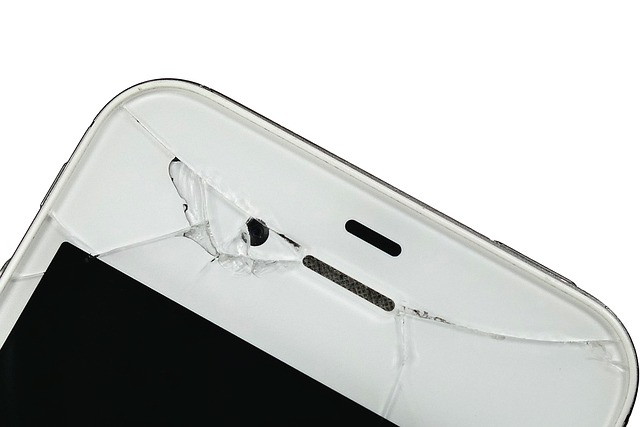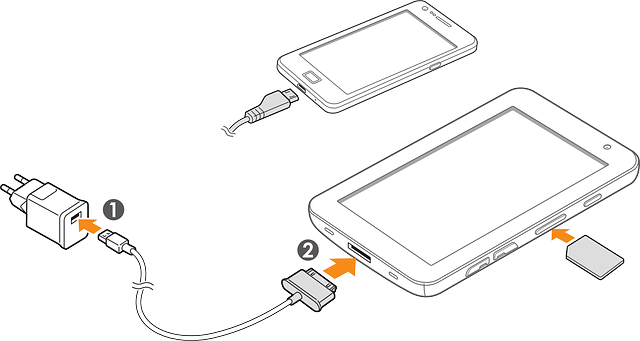In North Carolina, the Telephone Consumer Protection Act (TCPA) regulates robocalls and prerecorded messages used for telemarketing. If you've received unwanted spam calls, consulting a spam call law firm North Carolina or TCPA lawyer NC can help determine if you have grounds to sue for robocalls North Carolina. These professionals specialize in TCPA cases, guide clients through legal processes, and ensure compliance with state and federal laws. In Charlotte, understanding your rights under the TCPA is crucial, and selecting the right spam call law firm NC is vital for effective handling of robocall spam cases.
Tired of relentless robocalls in Charlotte? You’re not alone. With the rise of automated phone marketing, North Carolina residents face a deluge of unwanted calls, often from spambots violating state laws. This guide equips you with the knowledge to advocate for stronger regulations. We break down your rights under the TCPA, walk through suing for robocalls in NC, and highlight top spam call law firms ready to fight for your privacy. Learn how to navigate the process and make a difference in Charlotte’s phone call landscape.
Understanding Robocall Regulations in North Carolina
In North Carolina, like many states, robocall regulations are governed by the Telephone Consumer Protection Act (TCPA). This federal law restricts the use of automatic dialing systems and prerecorded messages for telemarketing purposes without prior express consent from recipients. Understanding these regulations is crucial when advocating for stronger protections against unwanted spam calls. If your rights have been violated, you may be able to take legal action under the TCPA.
North Carolina residents who experience persistent or harassing robocalls can consult a spam call law firm North Carolina or spam call lawyers North Carolina to explore their options. These legal professionals specialize in TCPA cases and can help determine if you have grounds to sue for robocalls North Carolina. They will guide you through the process, ensuring compliance with state and federal laws, and potentially securing compensation for your troubles. Remember, knowing your rights and taking proactive measures against spam calls is an essential step towards a quieter and more respected communication landscape in Charlotte.
The Legal Framework: TCPA and Its Impact on Spambot Calls
The Telephone Consumer Protection Act (TCPA) is a federal law designed to protect consumers from intrusive and unwanted telephone calls, including robocalls and spam calls. This legislation has significantly impacted the number of spambot calls in North Carolina and across the country. If you’ve received excessive or unauthorized robocalls in Charlotte or anywhere in North Carolina, understanding your rights under the TCPA is crucial.
Under this law, businesses are prohibited from making automated telemarketing calls without prior express consent. This includes prerecorded messages and live operators. If a company violates this rule, individuals can take legal action and file a lawsuit for damages, seeking compensation for each violation. A spam call law firm or lawyer specializing in TCPA cases in North Carolina can guide you on whether you have a valid claim and help you navigate the process of suing for robocalls.
Assessing Your Right to Sue: When Can I Take Legal Action?
If you’re experiencing a barrage of unwanted robocalls in Charlotte, North Carolina, knowing your rights and legal options is essential. Assessing your right to sue involves understanding when these automated calls cross the line into illegal territory. In North Carolina, as in many states, there are strict regulations against spam calls, particularly those made without your prior consent or in violation of the Telephone Consumer Protection Act (TCPA). If a robocaller has been persistently harassing you, or if a call was placed to an incorrect number, you may have grounds for legal action.
Consulting with a reputable spam call law firm or lawyer specializing in TCPA cases is a crucial step. These legal professionals can help determine if the violator(s) have infringed upon your rights and guide you through the process of taking formal action. In North Carolina, such actions may include seeking damages, blocking future calls, or even holding the culprits accountable with the help of a lawyer for TCPA NC cases. Don’t hesitate to reach out; many spam call law firms in NC are equipped to handle these matters efficiently and ensure your rights under state and federal laws are protected.
Choosing the Right Law Firm for Robocall Spam Cases
When navigating the complexities of robocall spam cases in North Carolina, selecting the appropriate law firm is a critical step. Look for a Spam Call Law Firm North Carolina with a proven track record in handling TCPA (Telecommunications Consumer Protection Act) violations. Experience matters; choose lawyers who regularly represent clients in can I sue for robocalls North Carolina scenarios to ensure they have the expertise needed to win your case.
Consider attorneys specializing in consumer protection law and who are well-versed in the nuances of federal and state regulations surrounding unwanted calls. A spam call lawyer North Carolina should be equipped with the knowledge and resources to effectively pursue damages for violation of your rights, offering you a fair chance at compensation. Remember, a strong legal team can make all the difference in resolving your can I sue for robocalls North Carolina situation.
Navigating the Process: Steps to Advocate for Stronger Regulations in Charlotte
Navigating the process to advocate for stronger robocall regulations in Charlotte involves several strategic steps. First, familiarize yourself with North Carolina’s existing spam call laws and the Telephone Consumer Protection Act (TCPA), which offers protections against unwanted automated calls. Research local initiatives or organizations already pushing for stricter regulations can provide valuable insights and potential allies.
Next, gather data on robocall incidents in Charlotte, including records of disturbing or harassing calls received by residents. This empirical evidence strengthens your case when approaching city officials, lawmakers, or a spam call law firm in North Carolina. Consider contacting a lawyer specializing in TCPA cases to gain legal counsel and support. Together, these efforts can create a robust framework for regulation, potentially leading to a reduction in unwanted robocalls and a quieter, more peaceful Charlotte.






